
Real Name:
Sunday Adeniyi
Music Genre:
Afrojuju
Record Label:
I.R.S. Records
Date of birth:
22-09-1946
Age:
77
Nationality:
NIGERIA
King Sunny Ade
- Background
- Break
- Did you know?
A superstar in his native Nigeria since the late '60s, juju bandleader King Sunny Ade was hailed by American critics in 1982 as the next Bob Marley. While Ade, who sings in his native Yoruba tongue, never achieved that level of popularity in the U.S., he and his 20-piece African Beats band did whet American and European appetites for "world music." In addition, Ade helped open the door for other Afro-pop artists, among them fellow Nigerian juju stars Ebenezer Obey and Dele Abiodun, Zaire's Tabu Ley Rochereau and Papa Wemba, Senegal's Youssou N'Dour, South Africa's Mahlathini and the Mahotella Queens, and Madagascar's Rossy and Tarika Sammy.
Born into the royal family of Ondo, the youthful Ade horrified his parents by pursuing music, which was considered a profession for commoners. He dropped out of school in 1963 to join semipro bands in the capital of Lagos, playing juju, a popular Nigerian guitar music style since the '20s, which had been radically altered by the infusion of electric guitars and Western rock influences. Within a year Ade was a guitarist with a top juju outfit, Moses Olaiya's Rhythm Dandies. By 1967 he had formed his own band, the Green Spots (taking off on the name of longtime juju king I.K. Dairo's Blue Spots band), and recorded his first single, "Challenge Cup," which celebrated a local soccer team's championship and became a national hit.
By the early '70s Ade's Green Spots had grown into the African Beats, an orchestral ensemble with four or five vocalists, just as many guitarists, a Hawaiian guitarist (inspired by the pedal-steel heard on records by de's favorite country singer, Jim Reeves), keyboards or vibraphone (in the '80s, he added synthesizers), bass, trap drums, and a half-dozen or so percussionists, including the talking drum players so central to the distinctive juju sound. ("Talking drums" are small hand drums with variable pitch.) Ade's style of juju music is a gently hypnotic, polyrhythmic mesh of burbling guitars, sweet harmony vocals, swooping Hawaiian guitar, and throbbing talking drums.
By 1975 Ade was a certified superstar in his homeland; by decade's end, he'd released a half-dozen albums a year, selling around 200,000 copies of each. He set up his own Sunny Alade record label and Ariya nightclub in Lagos. The early '80s found Ade building a substantial European cult following, leading Island Records to sign him for both Europe and North America, where his influence had already been felt on such albums as Talking Heads' Remain in Light (1980) and King Crimson's Discipline (1981). Juju Music, featuring new recordings of tunes from Ade's vast repertoire, got universal rave reviews, as did his first of many U.S. tours; the album sold well enough to graze the bottom of the pop chart (#111, 1983). Synchro System, with a harder rhythmic edge and more prominent synthesizers, fared slightly better (#91, 1983), but when Aura failed to chart, despite a guest appearance by Stevie Wonder, Island dropped Ade. The African Beats then broke up, amidst dissension and claims of being underpaid (though Ade was reportedly losing money on tours, supporting his large band while playing undersized venues). Back in Lagos, Ade formed a new band, Golden Mercury, retaining his trademark sound and continuing to record and tour internationally, periodically returning to the U.S. Ade's 1995 album, E Dide (Get Up), was his first U.S. studio recording in a decade. It was followed by the Grammy-nominated 1998 release, Odu, and 2000's Seven Degrees North.
Did you know King Sunny Ade has appeared in three different Hollywood movies?
Did you know one of those movies include O.C. and Stiggs which cost an estimated $7,000,000 in budget?
Did you know born into the royal family of Ondo?
Discography
-
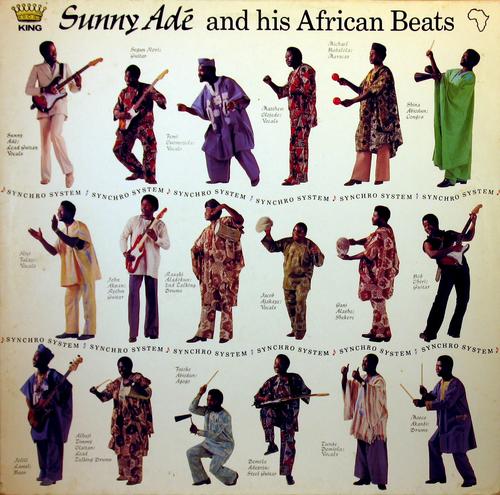
Synchro System
Released in 1990
Produced by Island Records
-
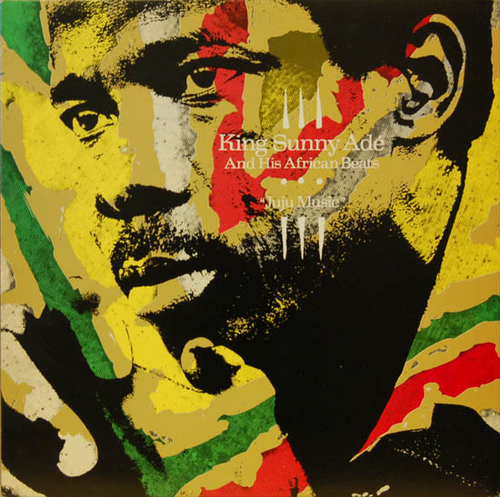
Juju Music
Released in 1991
Produced by Universal/Island Def Jam
-
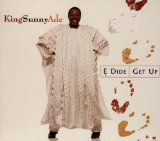
E Dide (Get Up)
Released in 1995
Produced by Atlantic
-
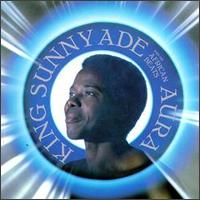
Aura
Released in 1990
Produced by Mango
-
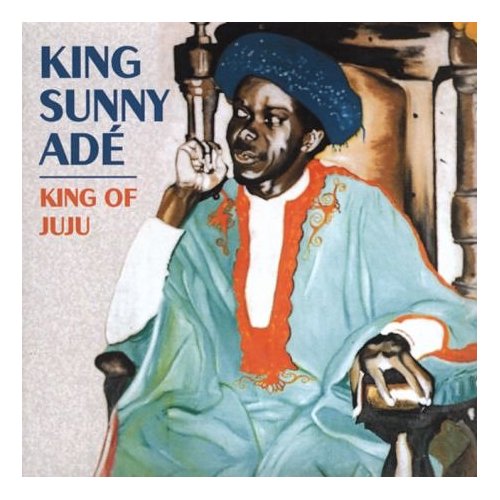
King Of Juju
Released in 2002
Produced by Wrasse
-
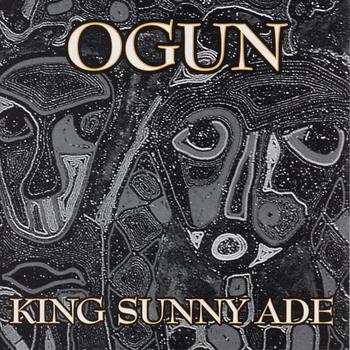
Ogun
Released in 1997
Produced by aVid
-
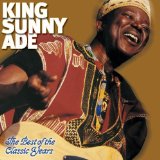
Best of the Classic Years
Released in 2003
Produced by Shanachie
-
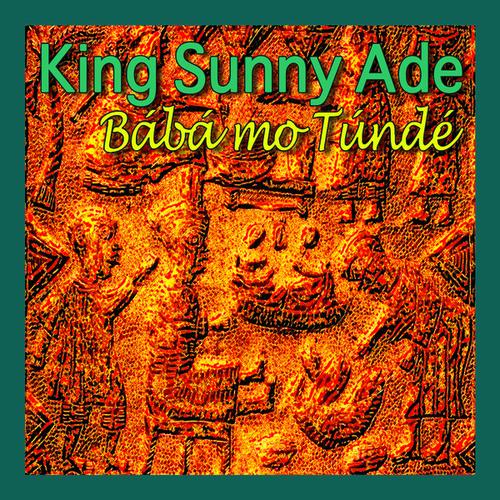
Baba Mo Tunde
Released in 2010
Produced by MesaBluemoon
-
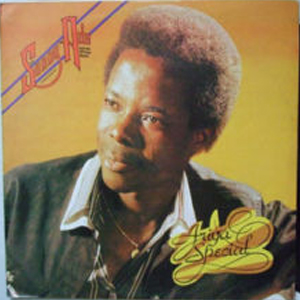
Ariya Special
Released in 1982
Produced by Sunny Alade
-
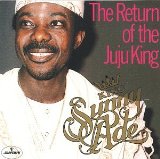
The Return of the Juju King
Released in 1987
Produced by Mercury
-
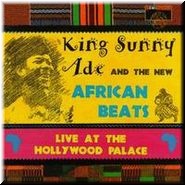
Live At The Hollywood Palace
Released in 1994
Produced by Capitol | Hemisphere
-
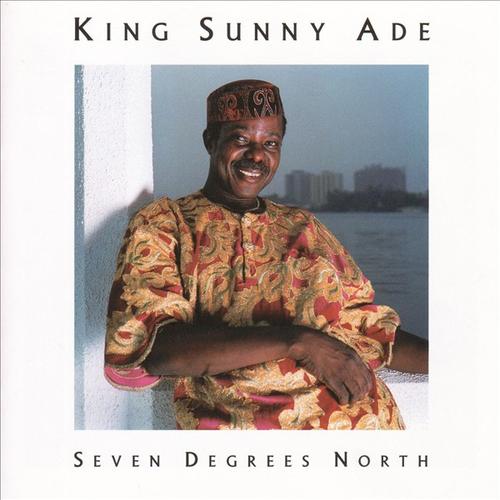
Seven Degrees North
Released in 2000
Produced by Mesa BlueMoon Recordings
-
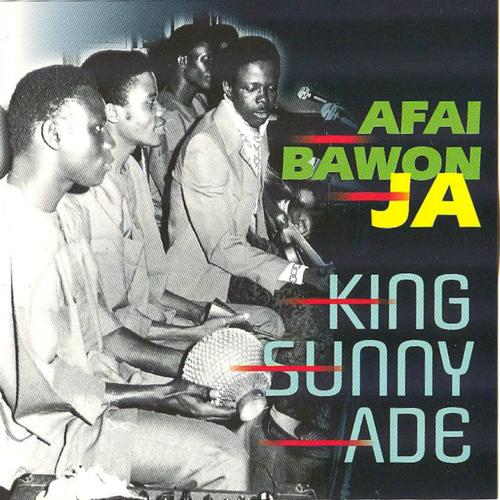
Afai Bawon Ja
Released in 2012
Produced by Serengeti Records
-
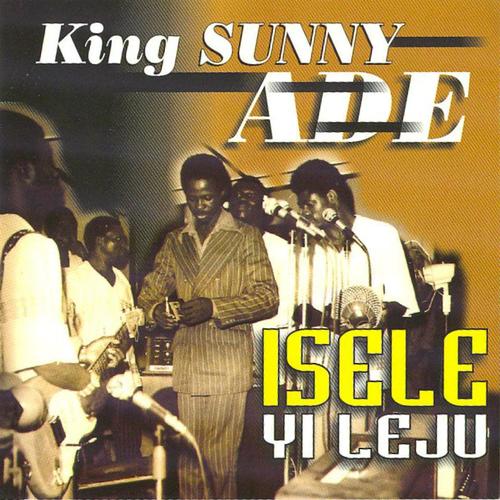
Isele Yi Leju
Released in 2012
Produced by Serengeti Records
-
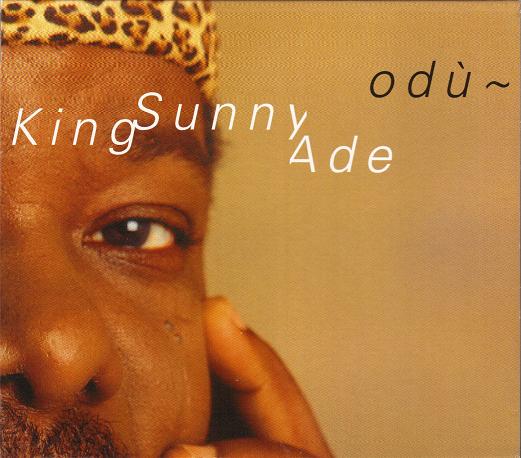
Odu
Released in 1998
Produced by Atlantic | Mesa Recordings
-
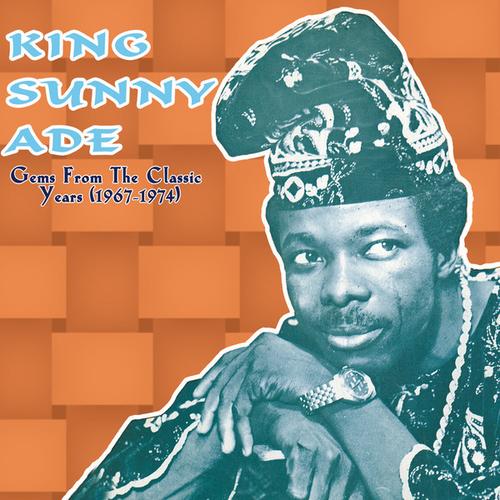
Gems From the Classic Years (1967-1974)
Released in 2007
Produced by Shanachie Entertainment
-
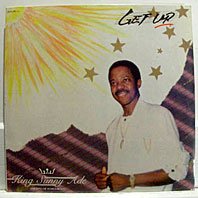
Get Up
Released in 1990
Produced by Atom Park
-
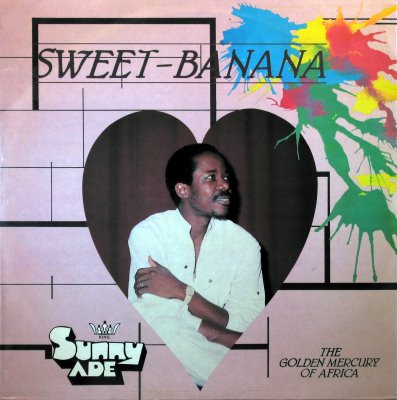
Sweet Banana
Released in 1986
Produced by Atom Park
-
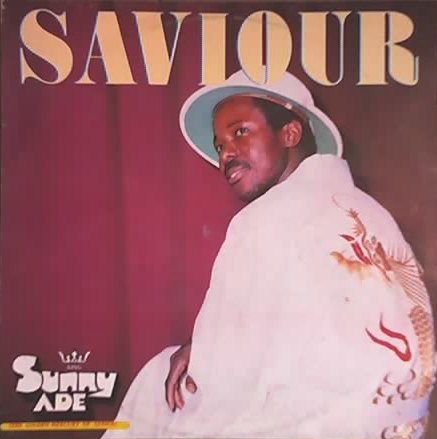
Saviour
Released in 1985
Produced by Sunny Alade
-
"The Truth" Otito
Released in 1985
Produced by Sunny Alade
-
Vintage
Released in 1984
Produced by Imported Nigeria ?
-
My Dear test
Released in 1986
Produced by Atom Park
-
Jealousy
Released in 1987
Produced by Atom Park
-
Let Them Say
Released in 1987
Produced by Atom Park
-
Synchro System
Released in 19924
Produced by Island Records
References
-
Bio By Rolling Stones
Singles
-
2000
Title Album Merciful God Seven Degrees North -
1984
Title Album Ase Ase
